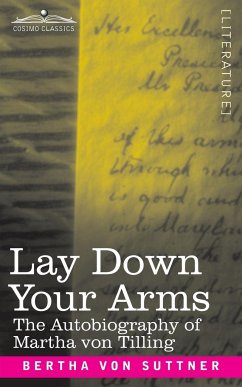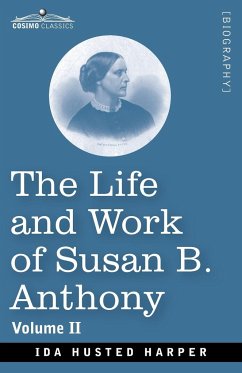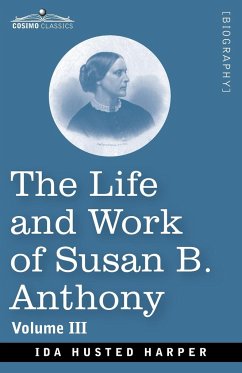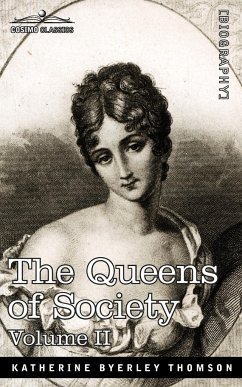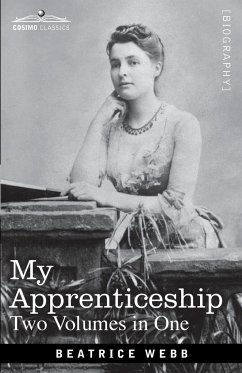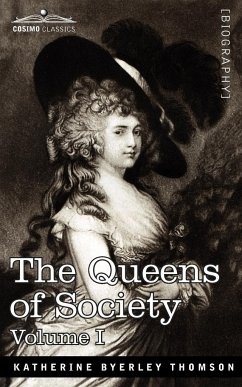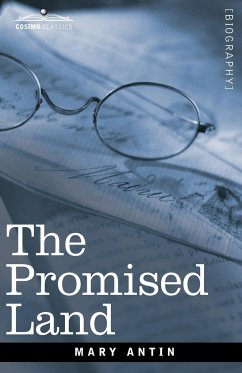
Memoirs of Bertha von Suttner
The Records of an Eventful Life, Volume II
Versandkostenfrei!
Versandfertig in 1-2 Wochen
28,99 €
inkl. MwSt.

PAYBACK Punkte
14 °P sammeln!
"Both Beecher Stowe and von Suttner were neither simply writers of popular entertainment nor authors of tendentious propaganda... They used entertainment for idealistic purposes." -Leo Tolstoy Memoirs of Bertha von Suttner-The Records of an Eventful Life, Volume II, is the 1910 autobiography in two volumes of Baroness BERTHA VON SUTTNER (1843-1914), an Austrian-Bohemian novelist and leading figure in the peace movement. Von Suttner wrote many books, including the novel Lay Down your Arms, her most famous work. In 1905, she became the second female Nobel laureate, the first woman to be awarded ...
"Both Beecher Stowe and von Suttner were neither simply writers of popular entertainment nor authors of tendentious propaganda... They used entertainment for idealistic purposes." -Leo Tolstoy Memoirs of Bertha von Suttner-The Records of an Eventful Life, Volume II, is the 1910 autobiography in two volumes of Baroness BERTHA VON SUTTNER (1843-1914), an Austrian-Bohemian novelist and leading figure in the peace movement. Von Suttner wrote many books, including the novel Lay Down your Arms, her most famous work. In 1905, she became the second female Nobel laureate, the first woman to be awarded the Nobel Peace Prize, and the first Austrian laureate. Her memoirs record the chief events of her life from her birth in Prague until the death of her husband, Baron Arthur von Suttner, in 1902. Volume II covers her trip to the U.S. and to the first Peace Conference in The Hague, and the death of Alfred Nobel. In 1911, the British journal The Independent recommended her memoirs "as a distinct addition to the world's enduring autobiographies."






